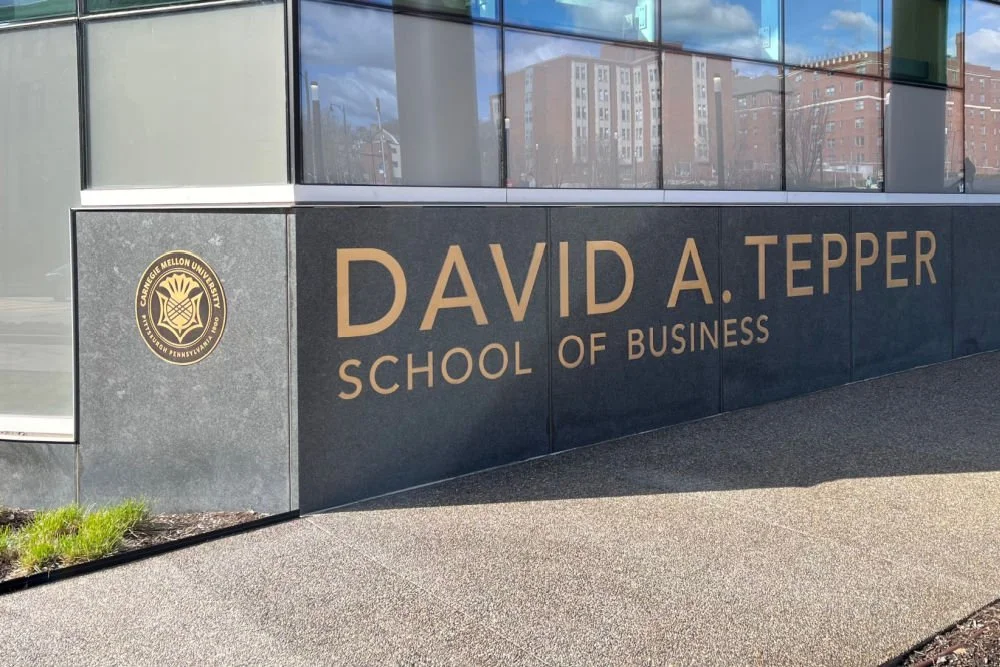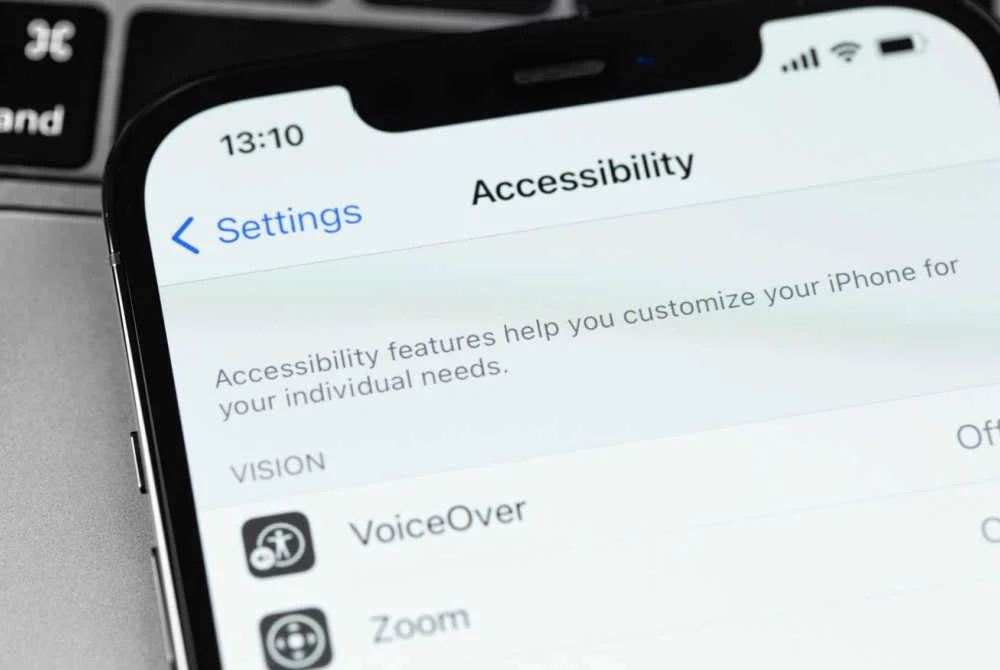What Can a Big Silicon Valley Funder Do to Shape the "Future of Work?"
/self-checkout machine. Photo: lightpoet/shutterstock
This spring, Google.org rolled out $50 million in grants to close the global education gap, a cause it has funded to the tune of $110 million since 2012. Now, the tech giant’s philanthropic arm has dedicated $50 million more to shut the gap between jobs and skills. Together, these grants constitute Google.org's “largest giving initiative to date.”
Tackling the workforce skills gap is a major priority for corporate funders right now, and it cuts to the core of one of today’s biggest sources of economic insecurity: the rapidly changing nature of work. Last year, the Bridgespan Group identified grantmaking in this area as one of its “billion-dollar bets” for spurring economic opportunity.
But this is challenging terrain for philanthropy, and so far, some of the most active players have been corporate giants with a lot to gain from an up-to-date job market. A prime example is JPMorgan Chase, with its $250 million New Skills at Work initiative. JPMorgan Chase approaches the skills gap problem from many angles, and digital tools are among them. Microsoft Philanthropies is another example, backing digital solutions like the Markle Foundation’s Skillful, a job-seeking and skill-building platform piloted in Colorado.
Related:
- Bending the Learning Curve: Google.org’s Latest Commitment to Education Technology
- Can Funder-Backed Online Tools Help Close the Employment "Skills Gap?"
- Another Funder-Backed Online Portal Sets Its Sights on the Employment Skills Gap
With its $50 million, Google.org is pursuing similar tech-driven tactics. However, Google doesn’t stop at the skills gap. To “prepare people for the changing nature of work,” Google wants to fund skills development and better tools to connect jobseekers with positions. But it has also thrown in $1.5 million to fund work at the National Domestic Workers Alliance (NDWA).
How can digital products raise standards for domestic workers? By backing NDWA’s work on a product called Alia, Google hopes to “help domestic workers access benefits that many U.S. workers receive by law, such as sick leave and basic insurance protection.” Alia collects small contributions from a pool of employers to fund some of those benefits. Such a platform is all the more important in an era when labor protections are often poorly enforced—and with a new administration working to roll back those protections that do exist. Google's grant to NDWA also funds a tool to create work agreements for nannies.
While NDWA is known as one of most effective organizing groups in the new labor movement, it's not surprising to see a tech giant like Google put money behind it. NDWA Director Ai-jen Poo has made a point of cultivating ties with the tech world. A while back, she told Inside Philanthropy that she saw an emerging trend of Silicon Valley entrepreneurs who want to make positive changes for workers in a new gig economy where domestic jobs are often found online. Previously, we wrote about NDWA's Good Work Code, which aims to build "a movement for good work in the online economy."
Related: Who's Looking Out for Care Workers in the Gig Economy?
Google.org, meanwhile, has been distinguishing itself lately as a funder with an eye on economic and racial disparities. It's become a bigger funder of local anti-poverty work in the Bay Area, and earlier this year, it gave $11.5 million in grants to advance racial equity in the criminal justice system.
Like Microsoft, Google has also been a vigorous funder of global development, with a particular focus on tech-enabled solutions. It’s taking its workforce initiative overseas, as well. In France, Google is funding Bayes Impact, the nonprofit behind Bob Emploi, a skills-centric portal similar to Markle’s Skillful. And further international grantmaking is in the works. Google.org President Jacquelline Fuller writes, “This two-year commitment will fund nonprofits focused on this issue, with our first grantees in the U.S. and Europe; we have plans to expand to other regions soon.”
Other grantees this round include Social Finance, looking into maximizing the potential of job training programs for youth, and Code for America, developing means to better connect jobseekers to positions through government services. Google.org says it also plans to spend $2 million to research the future of work—we’ll be keeping an eye on that. As we've reported, a growing number of leaders in the tech industry are addressing the threats to work posed by artificial intelligence and other tech advances. Some are investigating the idea of a universal basic income as a possible response to the large-scale disappearances of jobs. Jacquelline Fuller is among the champions, and funders, of GiveDirectly—the anti-poverty group that's leading innovative work on direct cash transfers in Africa.
Related: Radical Idea? The New Funding Around a Basic Income
It’s worth noting that Google doesn't confine its workforce development initiatives to Google.org. This year, Google.com is debuting a new set of features, dubbed “Google for Jobs,” which organize job postings and serve them up more clearly to jobseekers. According to Google CEO Sundar Pichai, this involves "a new feature in search […] that helps people look for jobs across experience and wage levels—including jobs that have traditionally been much harder to search for and classify, like service and retail jobs."
By weaving together new Search protocols with targeted grantmaking, Google is pursuing a path similar to that of other corporate funders in the workforce space—using a range of its resources to move this agenda.
Related:







































